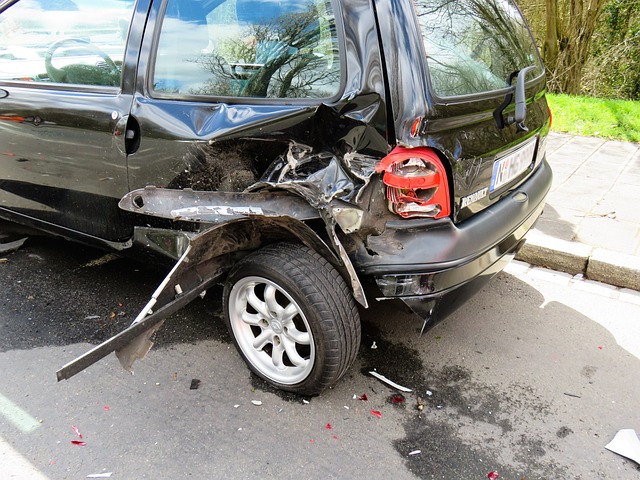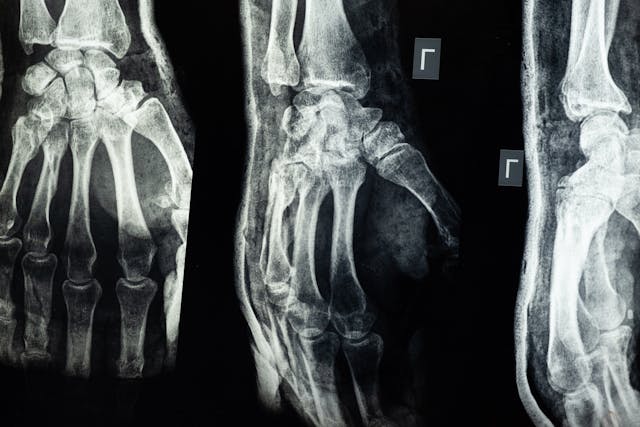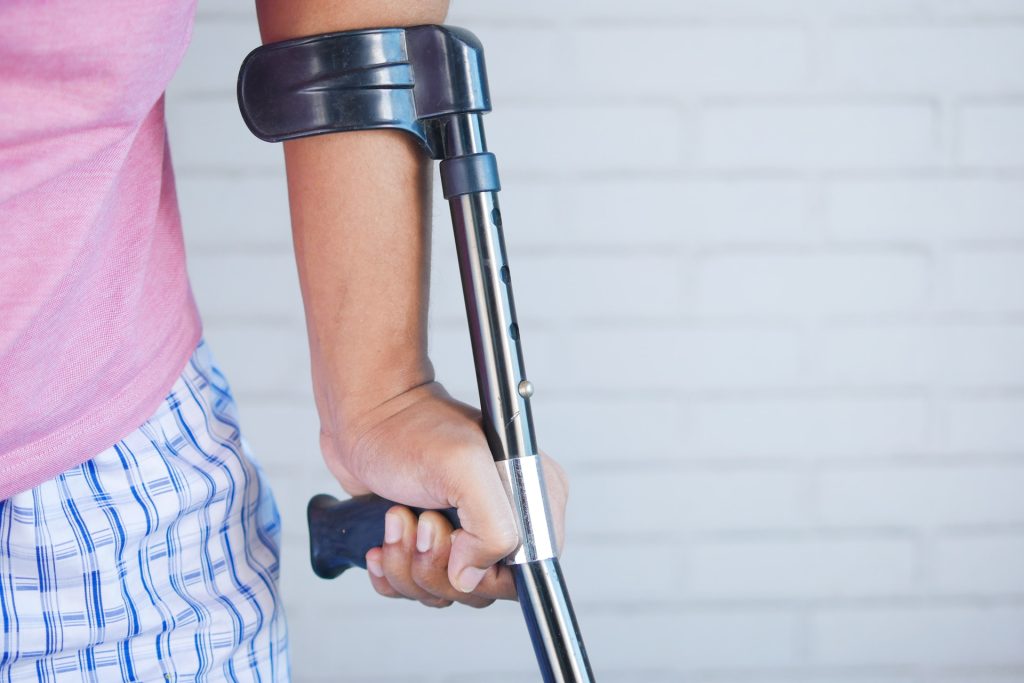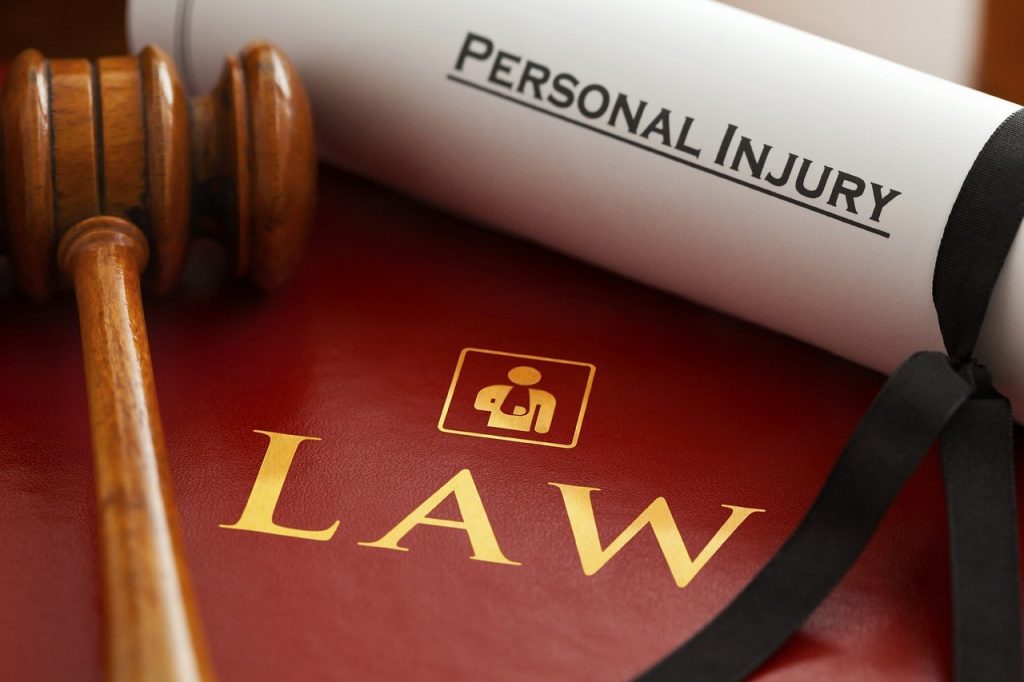In 2021, 62 million people sought help for an injury and 67.8 per 100,000 people died because of an accident. If you have suffered an injury and it was someone else’s fault, you may be entitled to compensation through a personal injury settlement or award.
Most injury lawyers work on a contingency basis, taking their fee from your final settlement. This will be 30-40% of what you receive.
The value of your settlement can vary greatly depending on several key factors. According to Jamie Cogburn, a Las Vegas personal injury attorney, there are five most important considerations that can impact what your personal injury claim is worth. Keep on reading to learn more.
1. Liability and Fault
A major factor is the amount of liability and fault that can be attributed to the other party. If it is clear that the other party was mostly or entirely responsible for the accident through negligent or reckless behavior, you are more likely to receive a higher settlement value. The more evidence you have to demonstrate their fault, the better. Police reports, eyewitness statements, photographic evidence, etc. can help prove liability.
The injury rate from car accidents in Las Vegas, for example, is 740 per 100,000 residents. If you end up injured, the more evidence you have for your personal injury attorney to prove liability, the better.
2. Type and Extent of Injuries
The severity of your injuries and how they impact your life also significantly affect your potential settlement amount. More serious injuries that result in high medical bills, lost income from missed work, and long-term health consequences warrant larger settlements. Permanent disabilities or disfigurement also justify higher reward values. Documenting exactly how the injury affects your quality of life is key. Traumatic brain injury settlements, for example, often settle for six-figure sums, and in the worst cases, millions of dollars.
3. Duration of Medical Treatment
The length of medical treatment you need to recover from an injury can increase its value. If you only needed a few weeks of physical therapy, your case is less valuable than if you required multiple surgeries and months or years of rehab. The total costs of all your medical treatment, including the projected costs of potential future care, will be considered. A trip to an Urgent Care facility will cost between $1200 and $1300, and your bill will be far higher if you end up hospitalized.
4. Lost Wages and Loss of Earning Capacity
If your injury prevents you from being able to work for a period of time or permanently, calculating the resulting lost income can give an accurate picture of what your claim may be worth. Also, damages for loss of future earning potential can be awarded if you can no longer perform your previous occupation. Providing documentation of your lost earnings strengthens your case.
5. Insurance Coverage
The amount of insurance coverage the other party has plays a significant role. There is little point in suing for an extremely high settlement if the at-fault party’s policy limits or assets are lower. While it’s rare to receive compensation exceeding the coverage amount, assessing what is realistically recoverable is important when evaluating settlement offers. This is where an experienced personal injury attorney can help maximize what you recoup.
By understanding these 5 core factors, you can build a stronger personal injury claim and better estimate the potential value of your settlement. An attorney can provide deeper insight into how these elements work together to impact the overall worth. While getting injured is difficult, settlement awards can provide critical compensation when someone else is responsible.





